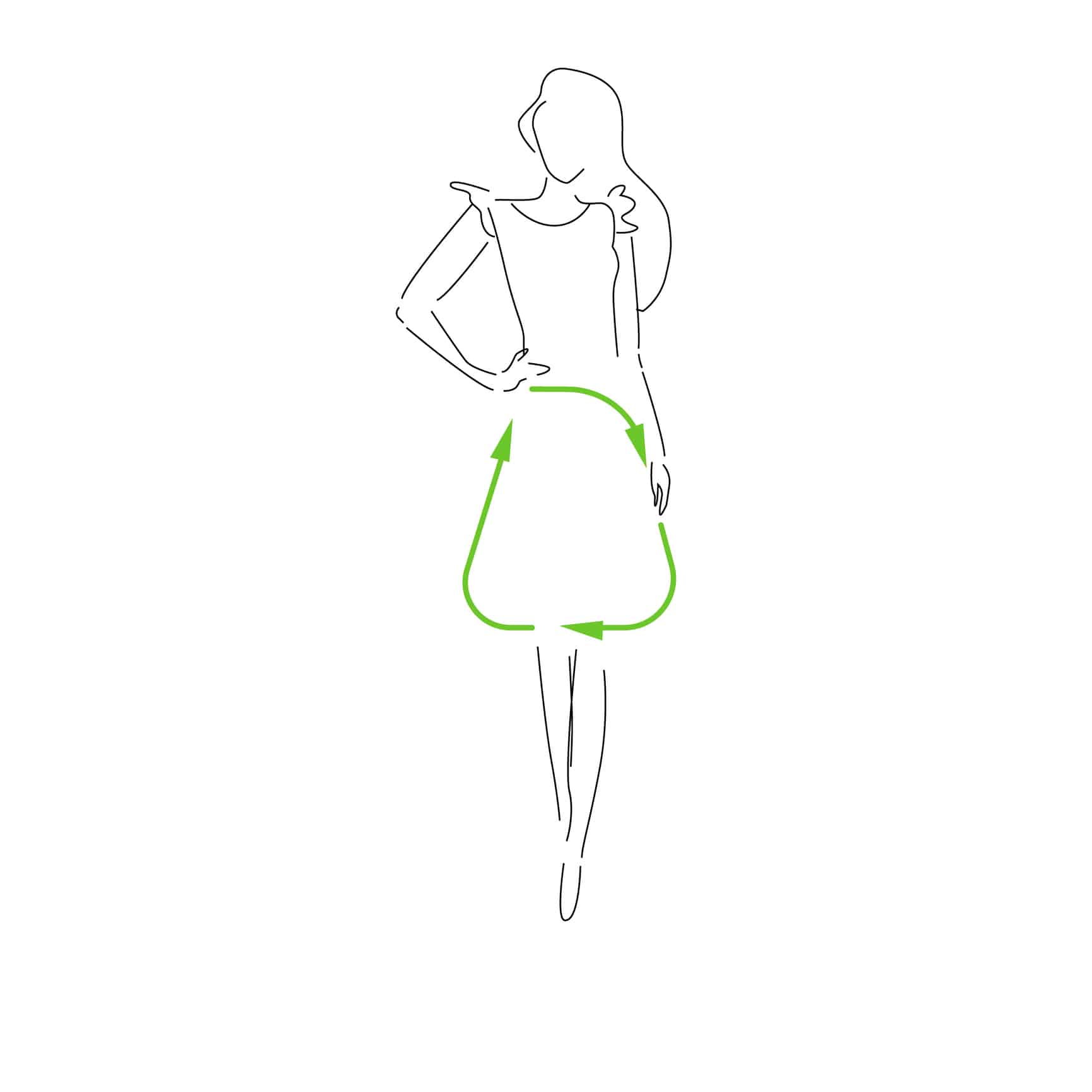There have been tremendous developments in textiles over these years that brought the industry to where it is now. The textile industry is one of the largest industries currently operating worldwide. It is estimated that global textile marketing will reach 1,032.1 billion USD in 2022. Now, an industry operating on a scale as big as this needs to have some regulations. Particularly because any industry this big will have significant environmental implications and impacts.
This is where the ecolabels come in. First, let us shed some light on what ecolabels are.
As the word suggests, ecolabels are tags describing if the product qualifies for a particular environmental standard. They are issued by official authorities, for example, the government, a registered non-profit, or private organisations. The world, especially the end-user and the consumer, is gradually becoming more environmentally conscious for all the right reasons. More and more they are demanding to know if the clothes they are wearing are made with sustainable methods or not. For this reason, many apparel brands have started requiring factories to use procedures, chemicals, and raw materials which are safe for the environment. The brands also ask for proof such as certifications so that they can put ecolabels onto their products so they can signal to their customers that standards are being met.
An ecolabel can give proof of a single or multiple environmental processes that go into making a product. Organisations that issue ecolabels have predefined standards for these labels to be issued. Once they get the required proof that a product surpasses the standard, only then are they given to be used by brands. Let’s now get onto the ecolabels used in textile.
Let’s take a look at some of the common ecolabels used in textile in today.
The initiative sets a principle to grow cotton more sustainably in every way, be it environmentally, socially, or economically. This organisation has members from all over the world handling the cotton supply chain. It was established in 2005, and the first “Better Cotton” harvest occurred in 2010. Now the BCI has established a well enough system that better cotton can be traced, starting from the farm till the ginning process. The initiative is also related to other labels like Cotton Made in Africa (CMiA) and Fairtrade Cotton.
Find out more at https://bettercotton.org/
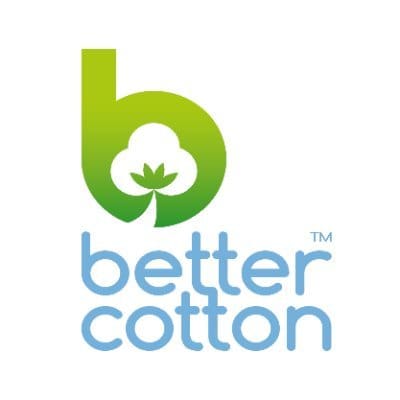
Cotton made in Africa, a project of the Aid by Trade Foundation, is an important certification for sustainably produced cotton. The mission of this initiative is to help poor African farmers through commerce rather than contribution or donations to improve their living standards and safeguard the environment. They collaborate with a broad cotton supply network in numerous countries, including partners all across the textile value chain, to ensure the standard’s implementation and the proper handling of certified raw materials around the world.
Find out more at https://cottonmadeinafrica.org/en/
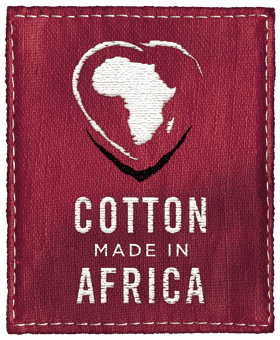
This label was taken by the UL Environment. UL environment comes from the Underwriter Laboratories. The certification was started by the UL back in 2010, and it consists of multiple standards. If a product is ECOLOGO certified, it means it meets or exceeds each of the listed standards of the certification. This certification has been recognised as the Type 1 ecolabel of ISO (International Organisation for Standardisation) and Global Ecolabelling Network was also able to test it successfully. It proves how reliable the ECOLOGO certification is. Do note that ECOLOGO was first established in 1988.
Find out more at https://www.ul.com/resources/ecologo-certification-program
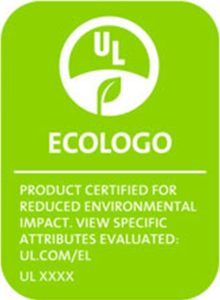
The GOTS was established in the year 2006. It is meant to put together all the various processes and standards that come under eco textile processing. This defines those requirements required for a textile product to be labelled organic. The GOTS covers techniques starting from acquiring raw material to product labelling. This assures the end-user that the whole process has been environmentally friendly. The standard has contributed a great deal to the use of organic cotton worldwide. One thing to remember is that GOTS only caters to organic textiles worldwide.
Find out more at https://global-standard.org/

Oeko-Tex Standard is the one that can be used for testing and examination of products at every stage. From raw materials during production to end products, it can provide certification for all after the standard is passed. This standard is focused explicitly on the safeguarding of human health. Those products or textiles that are meant for direct skin contact usually require this certification. There are four levels of the Oeko Tex standard. These different levels are based on the end-use of the product. If an end product comes in contact with skin more frequently, then the standard’s requirements will be stricter compared to the product that isn’t in or comes less in direct skin contact. It is interesting to note that, unlike GOTS, Oeko Tex Standard covers both organic and inorganic textiles.
Find out more at https://www.oeko-tex.com/en/our-standards/standard-100-by-oeko-tex
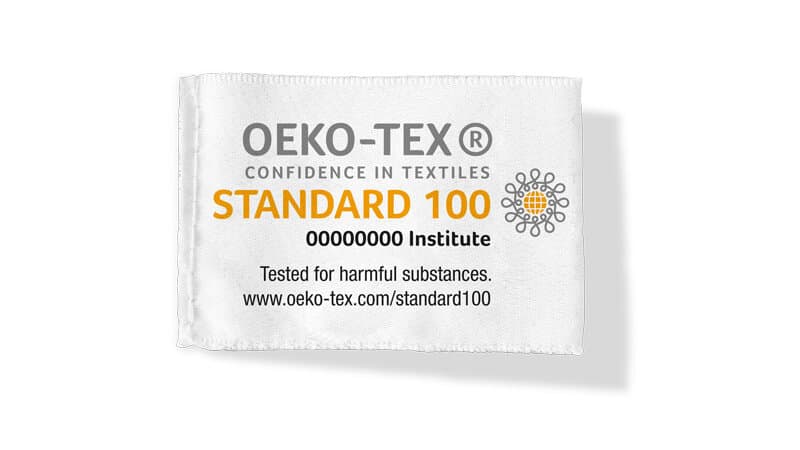
The OCS was established in the year 2013. This standard is meant to provide companies and textile industries with a tool through which they can get third-party verification for the presence of organic material in the product. It is not just about the existence of organic material in the end product but also knowing if the correct amount is being used or not. This standard is not responsible for the usage of chemicals during production or the processes of production. It is only concerned with the authenticity of the organic material.
Find out more at https://textileexchange.org/standards/organic-content-standard/
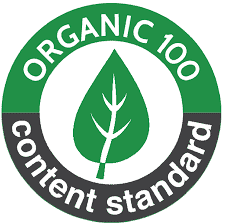
The carbon-neutral certification shows that an organisation is dedicated to decarbonisation. It also includes proof of an organisation’s commitment to neutralising the already existing carbon footprint. Carbon footprint neutralisation means that the greenhouse emission or the emission of CO2 is halted through the use of carbon sinks or some other means. As mentioned above, textile industries contribute significantly to pollution, which is why they must also counter it. Carbon Neutral certification shows an organisation’s dedication to how much they are willing to contribute to the planet by involving them in different sustainability projects meant to save the world.
Find out more at https://www.carbontrust.com/what-we-do/assurance-and-certification/carbon-neutral-certification
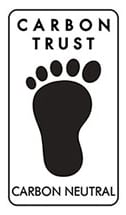
The ecolabels mentioned above are mostly related to cotton because it is an organic fibre used widely in different textile fields, be they apparel, denim, or home textile. However, many other ecolabels are used frequently worldwide, such as Global GreenTag Certified, Ecoproof, and CRI Green Label. Many developed countries have their own ecolabels that are required to be used in the making of a product.
It is clear that ecolabels play a significant role in keeping the textile industry on track regarding sustainability. There is also pressure from the consumers to know if they are being delivered what they’re promised.
| Cookie | Duration | Description |
|---|---|---|
| cookielawinfo-checbox-analytics | 11 months | This cookie is set by GDPR Cookie Consent plugin. The cookie is used to store the user consent for the cookies in the category "Analytics". |
| cookielawinfo-checbox-functional | 11 months | The cookie is set by GDPR cookie consent to record the user consent for the cookies in the category "Functional". |
| cookielawinfo-checbox-others | 11 months | This cookie is set by GDPR Cookie Consent plugin. The cookie is used to store the user consent for the cookies in the category "Other. |
| cookielawinfo-checkbox-necessary | 11 months | This cookie is set by GDPR Cookie Consent plugin. The cookies is used to store the user consent for the cookies in the category "Necessary". |
| cookielawinfo-checkbox-performance | 11 months | This cookie is set by GDPR Cookie Consent plugin. The cookie is used to store the user consent for the cookies in the category "Performance". |
| viewed_cookie_policy | 11 months | The cookie is set by the GDPR Cookie Consent plugin and is used to store whether or not user has consented to the use of cookies. It does not store any personal data. |
Create your free account and begin your sustainability journey.
